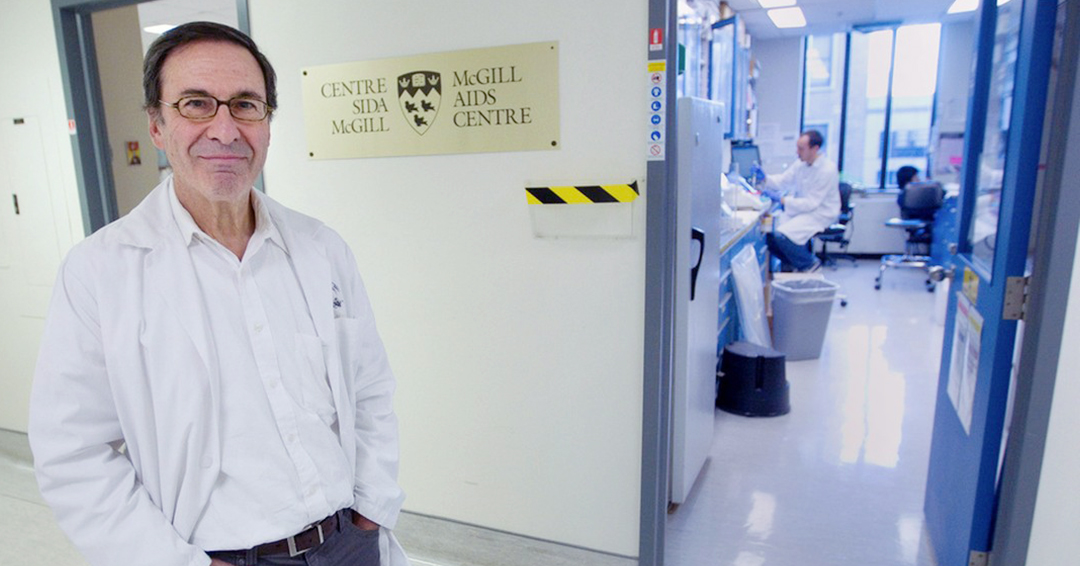
As the city prepares to welcome experts from around the world, Canada must do more to revive health discovery research here.
The 24th International AIDS Conference is being held in Montreal starting Friday. The world is eager to hear of the most recent advances. To date, tens of millions of lives have been saved by current antiviral therapies for AIDS. On Saturday, an eagerly awaited session on mRNA vaccines will be featured. Although we are probably many years away from a HIV vaccine, according to Dr. Anthony Fauci of the U.S. National Institutes of Health (NIH), progress will nevertheless be highlighted.
Can the disease be eliminated? Stem cell therapy is one hope. There are now three reported cures of HIV following stem cell transplants in humans. However, such treatment may not be helpful to the majority of patients with HIV infections. Tragically, the AIDS pandemic has led to at least 32 million deaths since its outbreak in 1980. It is hoped that the 24th edition of the conference is as transformative as the fifth in 1989, also coincidently held in Montreal. Its legacy is one of the most monumental of discoveries from Canada’s foremost drug developer at the time.
On June 6, 1989, Montreal’s Bernard Belleau presented a paper on a new antiviral he had synthesized known as 3TC, or Lamivudine. Belleau’s breakthrough discovery led to the creation of Canada’s most successful biotech/pharma company of its time: BioChem Pharma. 3TC remains one of the most successful antivirals for AIDS and continues to be recommended.
The millions of lives saved is a consequence not only of the late Belleau’s genius, but also of the work of the late Mark Wainberg. It is Wainberg who showed the efficacy of the drug on HIV infection in cells and patients. The talent of Belleau and Wainberg led to the monumental discovery of 3TC for AIDS.
In order to produce life-saving therapies, talent coupled with commercialization is the formula for success. Commercialization requires a patent. The U.S. Food and Drug Administration awarded a patent to BioChem Pharma for 3TC that enabled exclusivity for production and sales of the drug.
Belleau and Wainberg’s discoveries are an exception to the U.S. near-monopoly on discoveries leading to life-saving drugs. In this case the trajectory from discovery to commercialization was all-Canadian. Unfortunately in 2001, BioChem Pharma was sold to U.S.-headquartered Shire. This was the end for BioChem Pharma and its labs in Montreal.
What are the lessons we can learn? Discoveries come from talented researchers as exemplified by Belleau and Wainberg. For Canadian talent to generate comparable discoveries, we need to look at the discovery-generating institution.
In the U.S., most drugs approved by the FDA are from discoveries funded by the NIH. In turn, enormous sums are spent by the biotech/pharma industry to test promising compounds in preclinical non-human research followed by clinical trials to build on the discoveries funded by the NIH.
In Canada, the equivalent federal agency to the NIH is the Canadian Institutes of Health Research (CIHR). A comparison of the budgets illustrates the problem and provides a solution. The CIHR budget for 2023 is expected to be about $1.25 billion. The NIH budget is estimated to be US$46.5 billion. Per capita, the U.S. invests annually more than five times than Canada in health discovery research. Unless the budget for CIHR is at least doubled, Canada won’t be able to compete at the level of discovery research that leads to new drugs. Commercialization will not even be a hope.
Belleau and Wainberg demonstrated conclusively that a breakthrough from discovery research saves millions of lives globally and generates economic benefit for Canada. The pipeline from discovery to commercialization desperately needs attention. For the legacy of Belleau and Wainberg to inspire future generations of discovery researchers in Canada, investing in the CIHR is the only solution.
John Bergeron is the Emeritus Robert Redford professor and a professor of medicine at McGill University. Kathleen Dickson is a former chief technician from the Montreal Neurological Institute.
